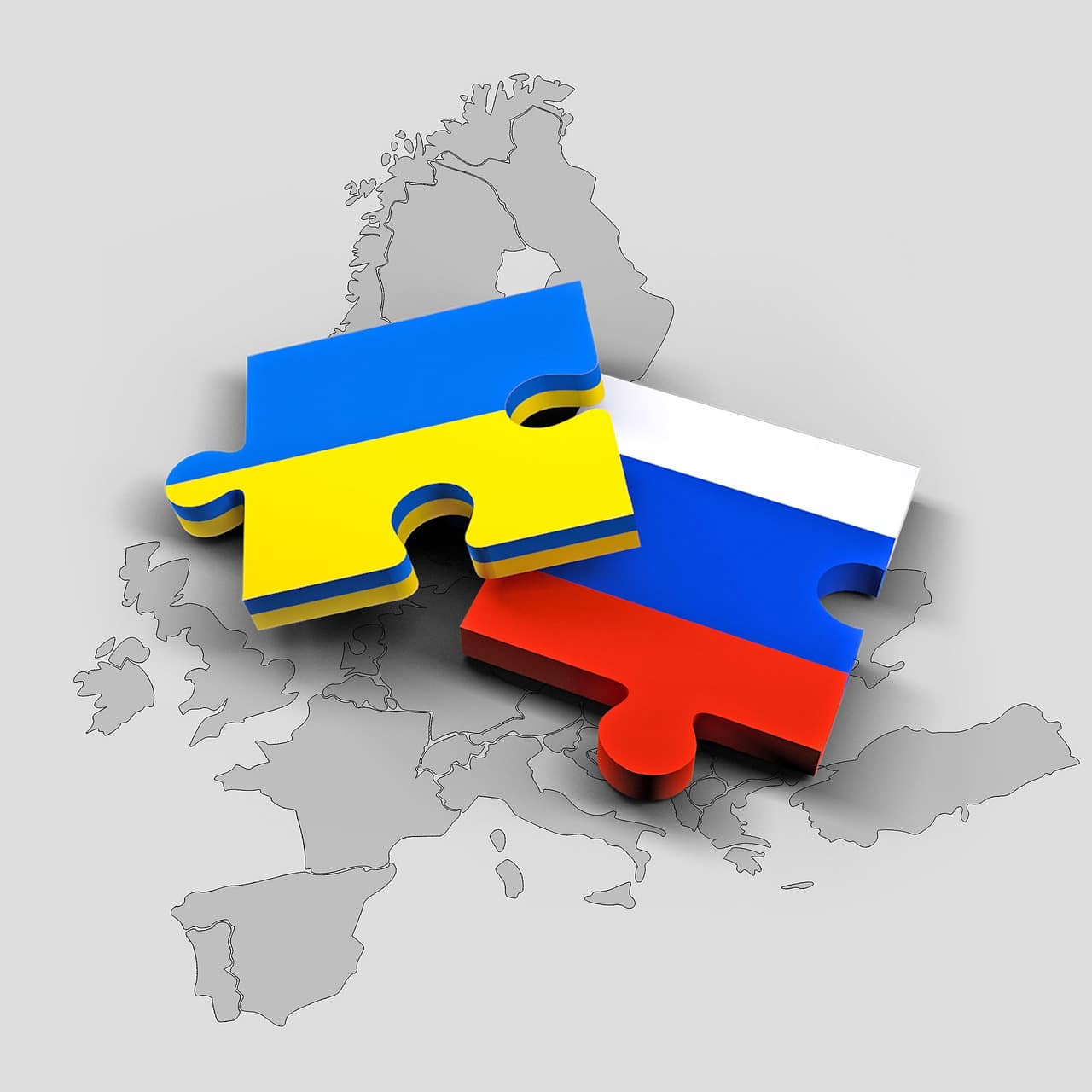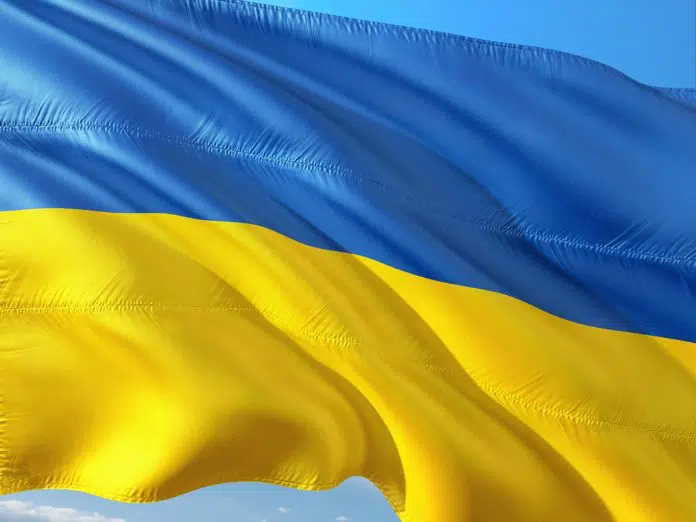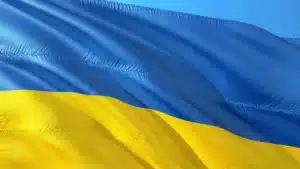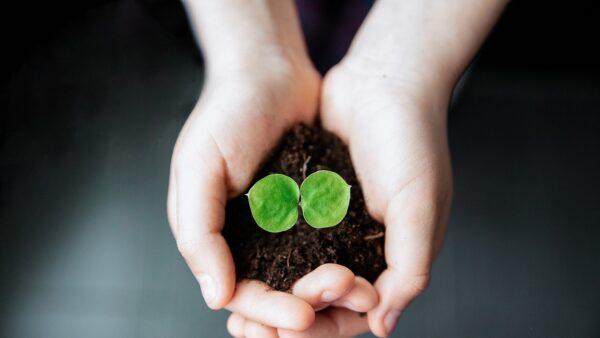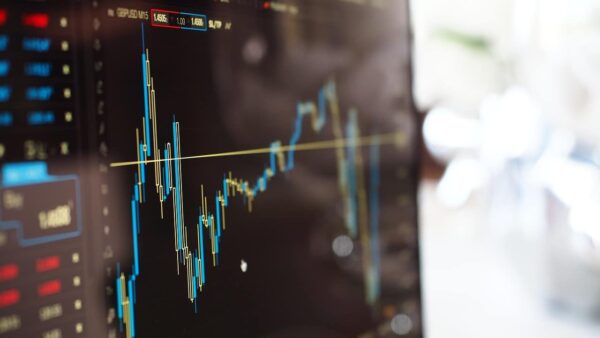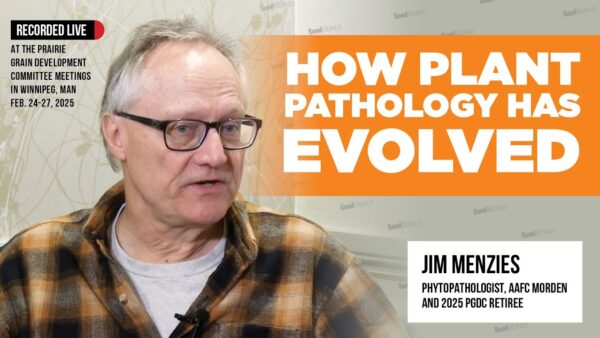Over the last year, the globe was thrust into unrest. With Russia’s invasion of Ukraine, the economy suffered consequences — the global grain trade suffered, as both Russia and Ukraine are major players in the wheat market. In particular, parts of the globe suffered issues accessing oil and natural gas produced from Russia and the globe is still attempting to recover from the effects of COVID-19.
To say it’s been a whirlwind would be an understatement. To Peter Zeihan, it’s more like the end of the world — but that’s just the beginning, according to his new book.
When it comes down to it, Zeihan, an expert in geopolitics and author of recent book The End of the World is Just the Beginning, sees one reason for Russia’s attempt at expansion beyond its barriers: survival.
Particularly, a few access points — including two points in Ukraine near the Polish border — are critical to helping Russia produce more.
“All the world’s major agricultural zones are hindered by the world’s shortest summer,” Zeihan says during the Independent Professional Seed Association’s opening session in Tucson, Ari. “Ukraine’s just unlucky that it controls these access points — it’s on the way to the two most important ones in Poland. We’ve always known this war was going to happen.”
But, the consequences of expansion by Russia have been felt globally — particularly, though, in Europe and Asia, who relied heavily on access to Russian grains, oil and natural gas. Rails haven’t been accessible, and the trucks that were being used to transport goods were converted to transport arms — and Ukraine has worked to decimate the trucking freight.
However, due to winter, Zeihan says the invasion has slowly come to a stall.
“Everything is kind of at a stall, and they’re going after each other’s logistical capacity,” Zeihan says, noting that Ukraine in particular has been targeting Russia’s tactical military support vehicles and drones.
The one benefit, though, of winter is that Ukraine was able to start shipping out grain — in particular corn, as it’s a bit better of a cash crop than wheat at this point in time. Zeihan says not to count on that trend continuing.
Then, why grow wheat if corn is more profitable?
“We don’t just grow wheat for our bread and pasta. It’s drought tolerant, salt tolerant, winter tolerant, flood tolerant. We grow it where we can’t grow anything else,” Zeihan says, adding that’s why Russia and Ukraine are major wheat exporters — their agricultural zones can’t support many other crops due to the short summers and long winters.
Not only is the lack of global farmland continuing to be an issue, but another major problem Zeihan sees currently is a population decline. Particularly, he sees fewer and fewer younger generations across every country.
“This is the fastest aging workforce in human history,” he says. “Even if today’s Zoomers all wanted to do blue-collar work and labor in the fields — and I can assure you, they don’t — between the boomers leaving and the Zoomers entering, the labor shortage last year was 400,000 workers. That number is going to increase each and every calendar year.”
Though the outlook is rough in the U.S., Zeihan says it’s worse in every other country, including Germany, China and Japan in particular, whose younger generations continue to see shrinkage.
Even with the declining populations though, the lack of people to farm, process and ship agriculture goods — on top of difficulties with farmland in areas such as Russia and Ukraine — mean Zeihan sees food shortages in the future.
In addition, fertilizer shortages will continue to be a problem for countries, especially countries like Brazil. According to Zeihan, when you look at a majority of Brazil’s farmland, it’s what he’d describe as tropical prairies — after rain, working the soil and so on, he notes Brazil’s soil is closer to sand. Without fertilizer, nothing will grow.
“Ninety-five percent of Brazil’s fertilizer is imported,” Zeihan says. “Twenty-one percent of that fertilizer is imported from Russia. And it’s not that if you don’t use fertilizer in Brazil you get bad yield — you get no yield.”
Even if the end of the war in Ukraine comes soon, Zeihan’s outlook is bearish — there will be a lot for the world to recover from.


